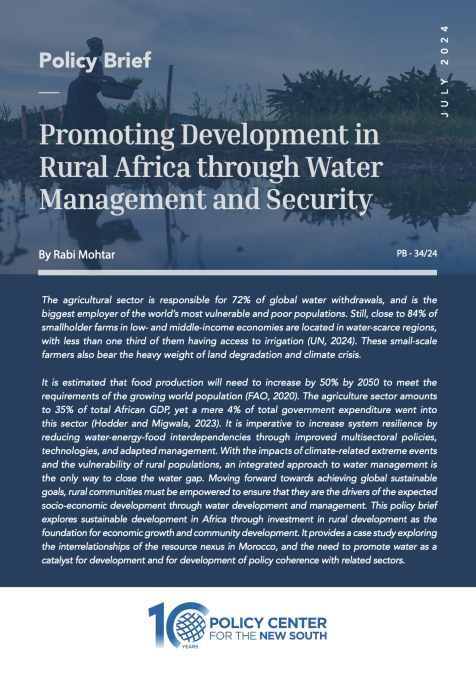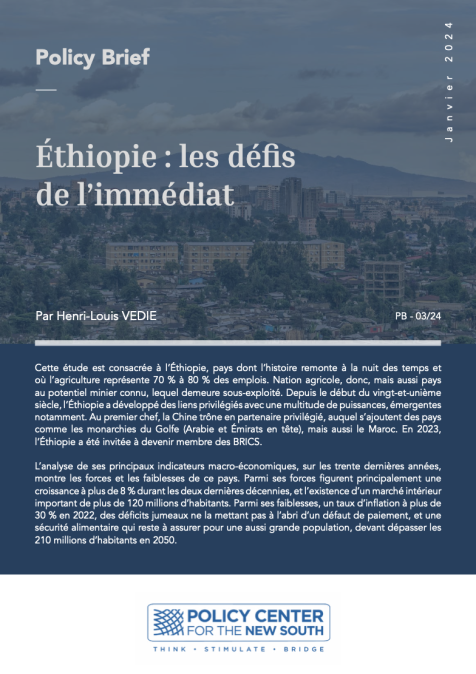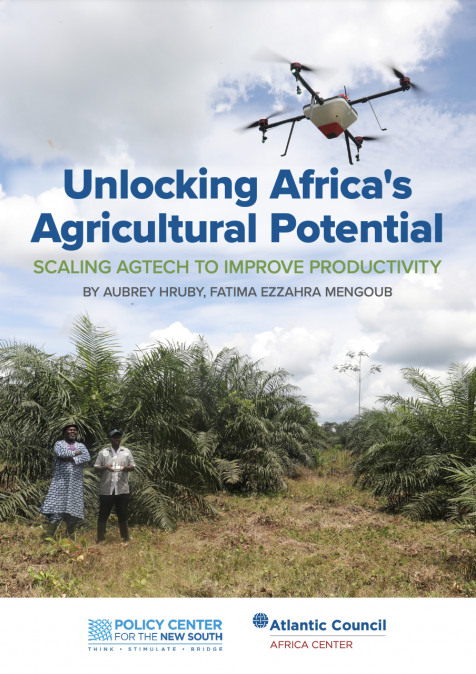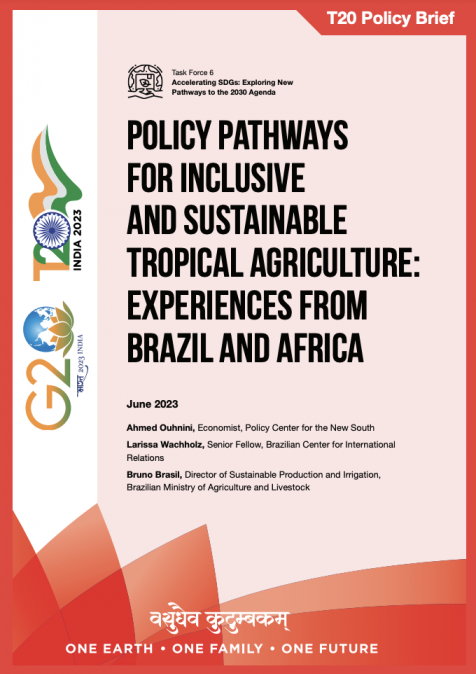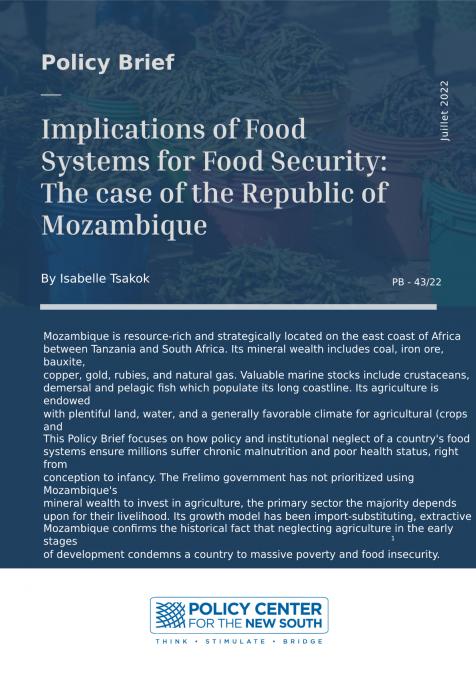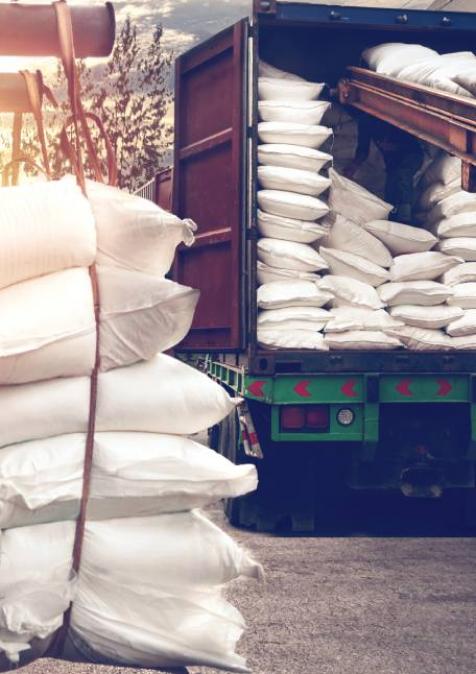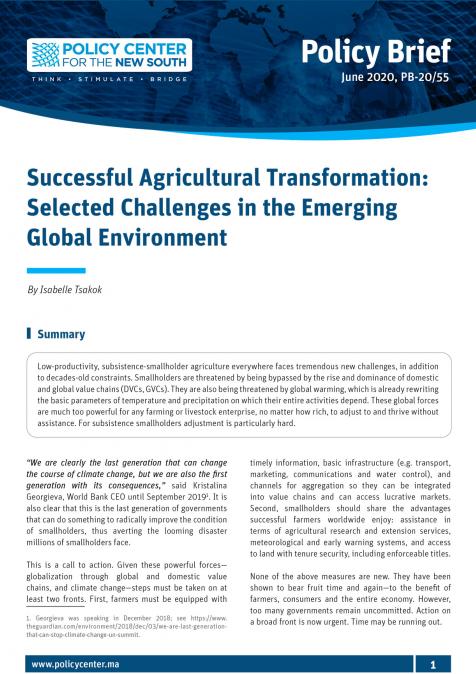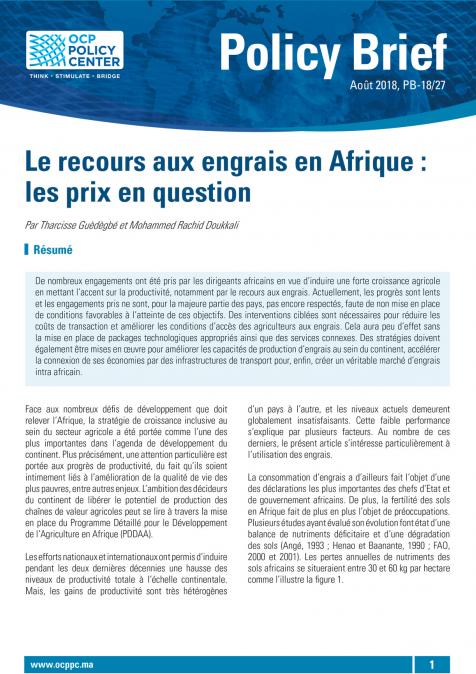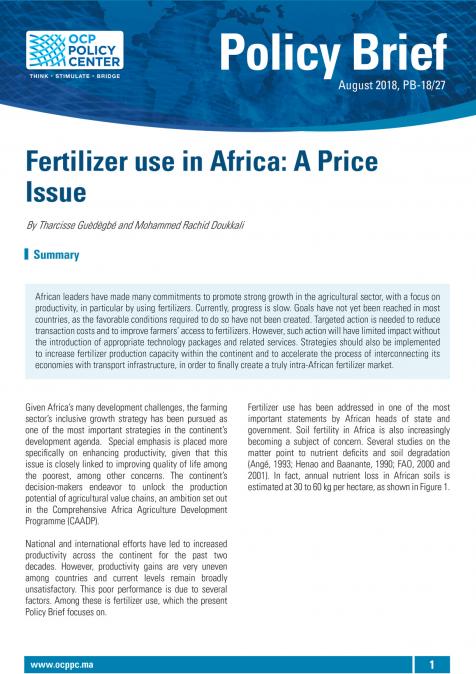
July 31, 2024
Millions are severely malnourished in a world where there is enough for all. Hunger and malnutrition stalk more than 3.1 billion people. Yet, widespread hunger in all its forms is a problem which has been largely solved at the macro level in today’s high-income, industrialized countries. Their “escape from hunger and premature death” is a fairly recent phenomenon. It began around 300 years ago, continued for most of the 20th century and is still ongoing today. The problems faced by ...

